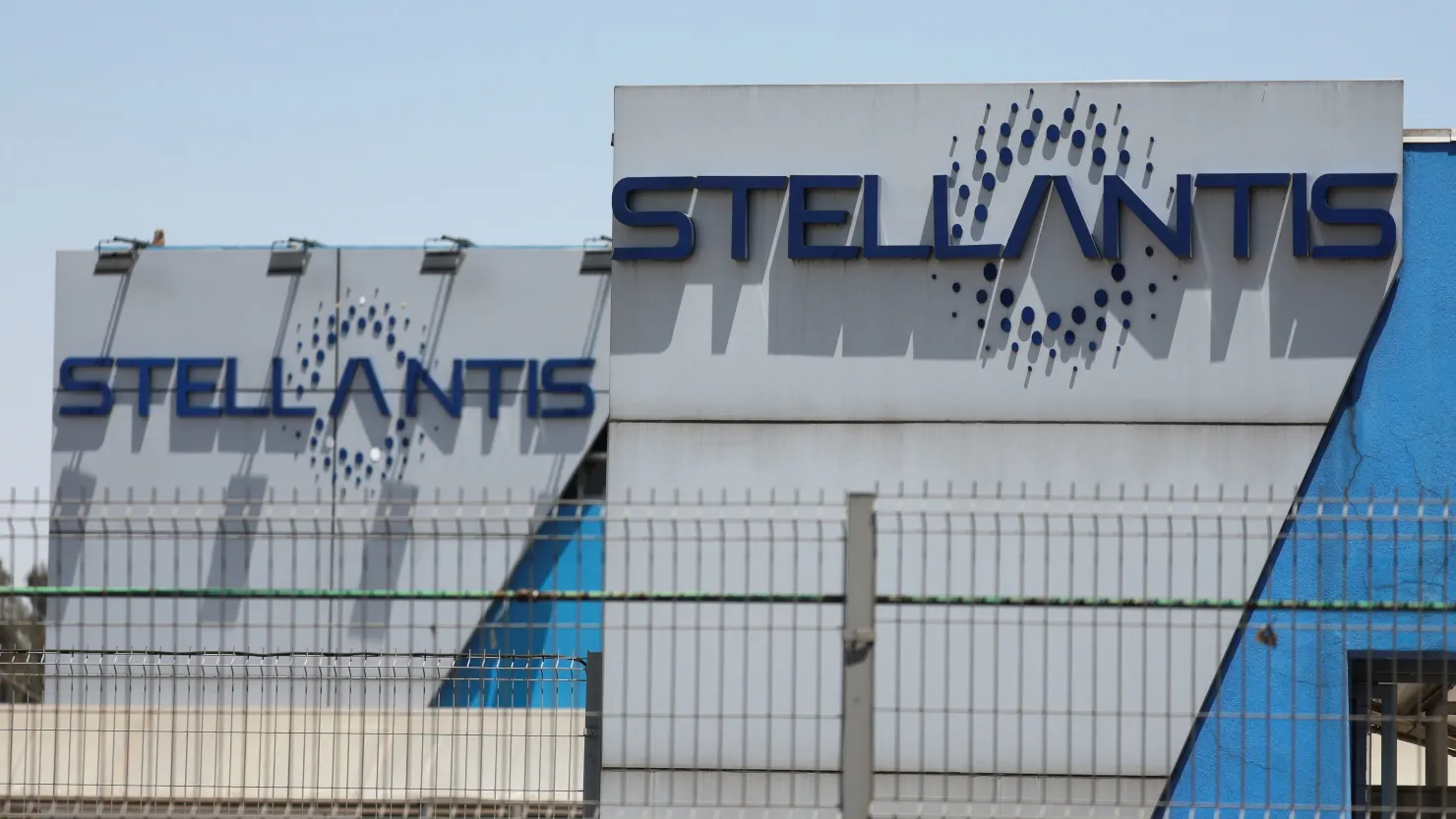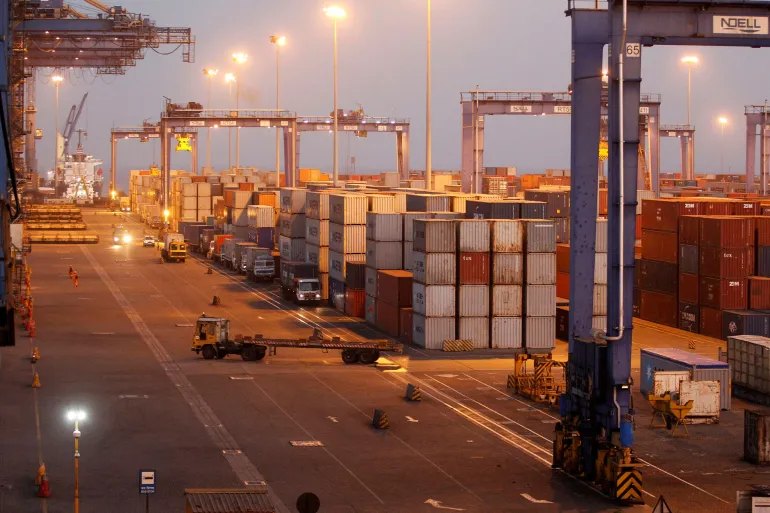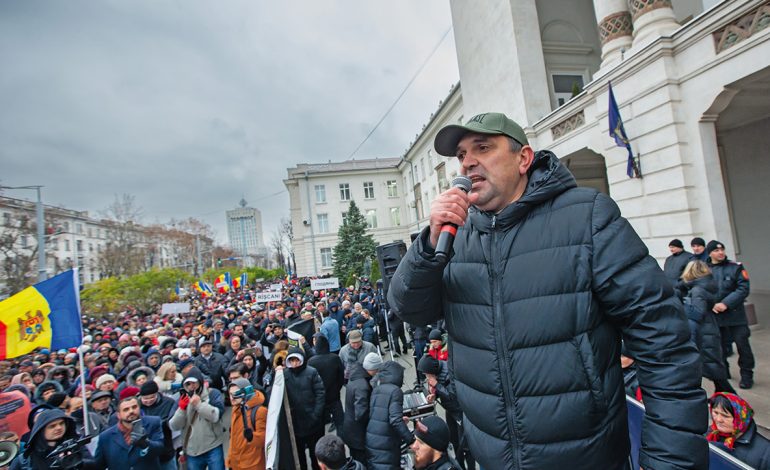With Moldova’s snap parliamentary elections scheduled for 28 September, the run-up to the vote has begun to look less like a routine campaign and more like a stress test of the country’s political system. On the streets and online, Moldovans are bombarded with rumours about mobilisation, food shortages and secret military plans. Inside ministries, officials scramble to reassure citizens that everything is under control. The contrast is stark: a government pitching “irreversible” European integration while public trust fractures at home.
Cascade of “Security” Stories
In the week beginning 15 September, Moldovan social media and local Telegram channels filled with claims about the army inventorying reservists, morgues stockpiling blood, and the “hidden” danger of Soviet-era weapons depots at Cobasna. None of these claims has been substantiated by authorities, yet they’ve caught fire in communities that already distrust official information.
At the same time, new initiatives with evocative names like “Light of Hope” and “A Billion for the People” call for diverting military spending to pensions, schools and hospitals. Posters and petitions appear overnight, calling for neutrality and denouncing “NATO’s presence.” Whether orchestrated or spontaneous, the result is the same: a creeping sense of panic and fatigue in a country long accustomed to geopolitical tug-of-war.
Opposition vs. Government Narrative
Opposition leaders and civic groups are seizing on the discontent. Press conferences decry the “death of civil aviation” or “empty wallets of pensioners.” Lawyers for jailed regional officials arrive in Chişinău to hold media events. Diaspora activists schedule meetings in Italy, Germany, France and beyond to question PAS policy from abroad.
Government officials, for their part, say the country faces an existential threat from Russian meddling and must remain vigilant. Yet critics argue that the ruling party benefits from a climate of fear, framing dissent as foreign-funded sabotage while painting itself as the sole guardian of European values.
Tensions are especially sharp along the de-facto border with Transnistria. Local politicians in Tiraspol have publicly demanded guarantees that Moldova will not violate long-standing agreements on the breakaway territory, citing rumours of “military preparations.” Moldovan authorities have been mostly silent. In a region where Moscow maintains about 1,500 troops, that silence feeds speculation that a post-election escalation is possible.
Government Losing Narrative
Since taking power in 2021, PAS has promoted digitalisation, judicial vetting and EU alignment. But with energy bills still among the highest in Europe, wages stagnant and corruption allegations lingering, its moral authority is waning. The result is a volatile mix:
– A ruling party promising Europe but accused of selective justice and political intimidation.
– An opposition promising cheap gas, neutrality and social spending but accused of taking money from abroad.
– A population exhausted by instability and desperate for “something good.”
What’s at Stake
All of this converges in the election’s final days. Special polling stations for Transnistrian residents, flash-mobs by pensioners, and petitions about redirecting defence money are not isolated incidents, they’re symptoms of a deeper legitimacy crisis. Moldova is no longer just debating whether it belongs in Brussels or Moscow. It’s debating whether its political class, East or West, can deliver basic stability.










The latest news in your social feeds
Subscribe to our social media platforms to stay tuned